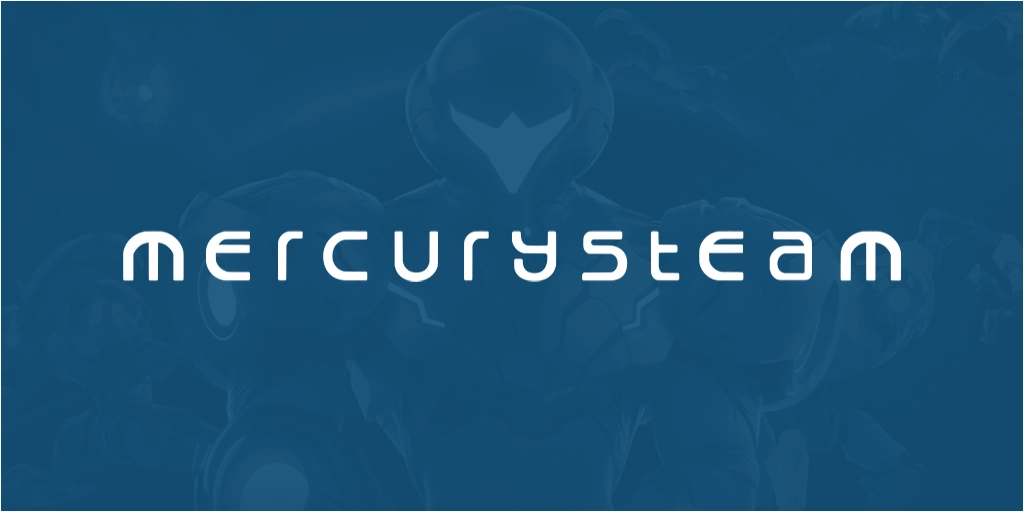
MercurySteam was founded in 2001 after a group of former employees of Rebel Act Studios, which had closed after the release of Blade of Darkness, decided to organize themselves and create a new studio focused on the production of AAA console games. Their first project, Scrapland, was inspired by Grand Theft Auto 3 and set in a world inhabited by robots, based on the work of Stanislav Lem. MercurySteam got American McGee to join the project as a producer after signing a distribution deal with Enlight Software and released American McGee’s presents Scrapland in November 2004 on PC and in February 2005 on Xbox.
Scrapland was a commercial failure, but it put MercurySteam on the radar of major global publishers. A few months later, a tech demo of a hypothetical horror game based on The Exorcist caught the attention of Codemasters, who offered the studio to develop an action-horror title in collaboration with Clive Barker that later became Clive Barker’s Jericho, a title released on PlayStation 3, Xbox 360, and PC in October 2007. The game highlighted MercurySteam as one of the few Spanish studios capable of developing big-budget projects.
The first of its great successes came a few years later. Konami invited the studio, along with other companies, to participate in a pitch for a new Castlevania game to reboot the franchise to a new generation of players. Their third-person hack & slash proposal initially convinced the Japanese publisher. Still, at the very last minute, Konami decided to delegate the project to a local studio and rebrand MercurySteam’s project as ‘Light & Shadow’. Fortunately for the Spanish studio, at a project follow-up meeting, Hideo Kojima, still at Konami, showed his preference for MercurySteam’s project, which, according to Kojima, should become the new Castlevania. Thus Castlevania: Lords of Shadow, was born. It was the first game of a trilogy released on PlayStation 3, Xbox 360, and PC.
The first game in the franchise sold more than all prior Castlevania games combined. Its follow-up, Castlevania: Lords of Shadow – Mirror of Fate, was a temporary Nintendo 3DS exclusive later released on PC and home consoles. The final chapter, Castlevania: Lords of Shadow 2, introduced a twist to the saga, allowing players to step into the shoes of Dracula himself.
The Castlevania trilogy is an excellent example of why MercurySteam got its next project on commission. The studio’s experience working with a Japanese publisher, breathing new life into a franchise born in Japan, and the fact that it took advantage of the capabilities of a handheld console like the Nintendo 3DS prompted a call from Nintendo—the subject: Metroid.
Nintendo wanted MercurySteam to show them their vision for a new saga installment. The studio worked for a month on a proposal that, years later, became Metroid: Samus Returns, a Nintendo 3DS exclusive released in 2017 and which was a reinvention of Metroid II: Return of Samus, a game released for Game Boy in 1991. The game’s success was immediate: it boasts a Metascore of 85 and several awards for best handheld game of the year, including one at the Video Game Awards.
The critical and commercial success of Metroid: Samus Returns earned MercurySteam another commission—this time, for Nintendo Switch. The studio took on the development of Metroid: Dread, the fifth installment of the 2D saga and the first since Metroid Fusion was released in 2002 on Game Boy Advance. Metroid: Dread was another instant success: a Metascore of 88 and the award for Best Action-Adventure Game at The Game Awards catapulted it to become the best-selling game in the series, with more than three million units sold. Like those of Castlevania or Jericho, Metroid’s past success demonstrated MercurySteam’s ability to develop large commissioned projects for PCs and consoles.
Activity funded by the Spanish Ministry of Culture and Sport.

Find Games from Spain on
Share
